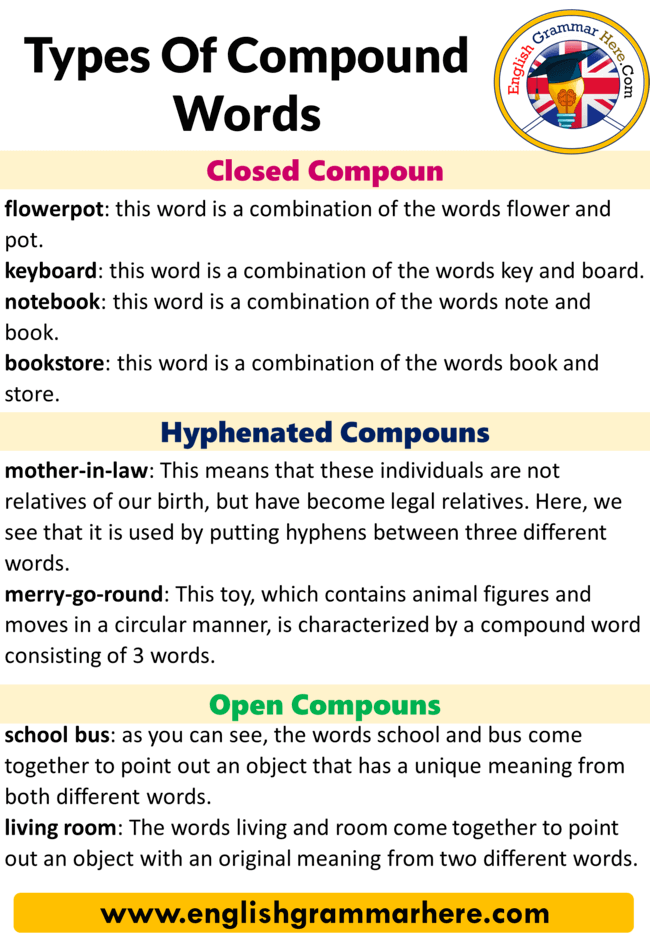


Torture means any act or omission by which severe pain or suffering, whether physical or mental, is intentionally inflicted on a person Whether the person exercises powers in Canada or outside Canada ( fonctionnaire) torture

(d) any person who may exercise powers, pursuant to a law in force in a foreign state, that would, in Canada, be exercised by a person referred to in paragraph (a), (b), or (c), (2) For the purposes of this section, official (4) For the purposes of this section and section 265, no consent to the excision, infibulation or mutilation, in whole or in part, of the labia majora, labia minora or clitoris of a person is valid, except in the cases described in paragraphs (3)(a) and (b).Ģ69.1 (1) Every official, or every person acting at the instigation of or with the consent or acquiescence of an official, who inflicts torture on any other person is guilty of an indictable offence and liable to imprisonment for a term not exceeding fourteen years. (b) the person is at least eighteen years of age and there is no resulting bodily harm. (a) a surgical procedure is performed, by a person duly qualified by provincial law to practise medicine, for the benefit of the physical health of the person or for the purpose of that person having normal reproductive functions or normal sexual appearance or function or (3) For greater certainty, in this section, “wounds” or “maims” includes to excise, infibulate or mutilate, in whole or in part, the labia majora, labia minora or clitoris of a person, except where (2) Every one who commits an aggravated assault is guilty of an indictable offence and liable to imprisonment for a term not exceeding fourteen years. (4) Where an accused alleges that he believed that the complainant consented to the conduct that is the subject-matter of the charge, a judge, if satisfied that there is sufficient evidence and that, if believed by the jury, the evidence would constitute a defence, shall instruct the jury, when reviewing all the evidence relating to the determination of the honesty of the accused’s belief, to consider the presence or absence of reasonable grounds for that belief.Ģ68 (1) Every one commits an aggravated assault who wounds, maims, disfigures or endangers the life of the complainant. Marginal note:Accused’s belief as to consent (b) threats or fear of the application of force to the complainant or to a person other than the complainant (a) the application of force to the complainant or to a person other than the complainant

(3) For the purposes of this section, no consent is obtained where the complainant submits or does not resist by reason of (2) This section applies to all forms of assault, including sexual assault, sexual assault with a weapon, threats to a third party or causing bodily harm and aggravated sexual assault. (c) while openly wearing or carrying a weapon or an imitation thereof, he accosts or impedes another person or begs. (b) he attempts or threatens, by an act or a gesture, to apply force to another person, if he has, or causes that other person to believe on reasonable grounds that he has, present ability to effect his purpose or (a) without the consent of another person, he applies force intentionally to that other person, directly or indirectly


 0 kommentar(er)
0 kommentar(er)
